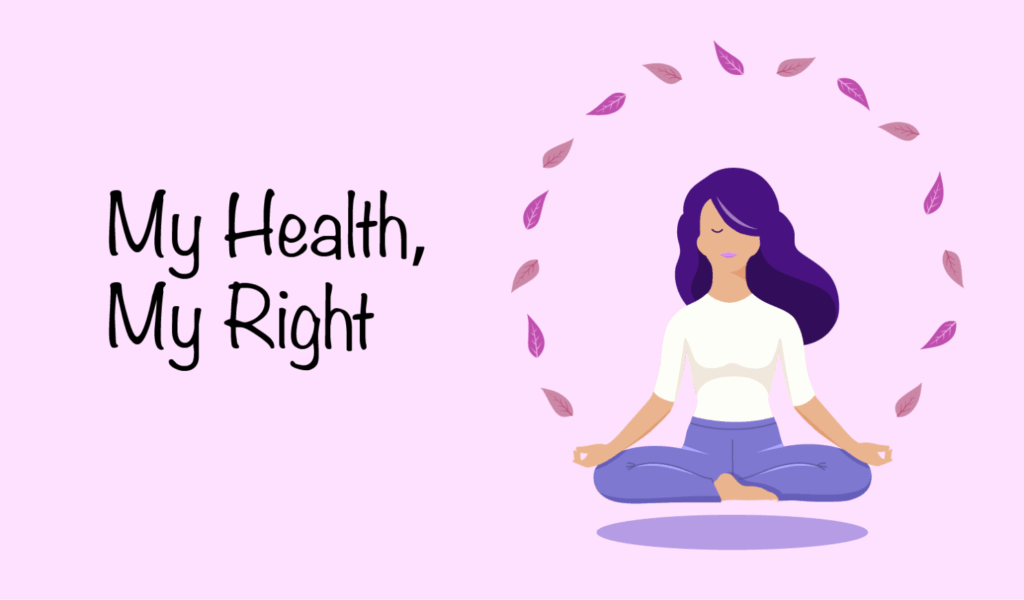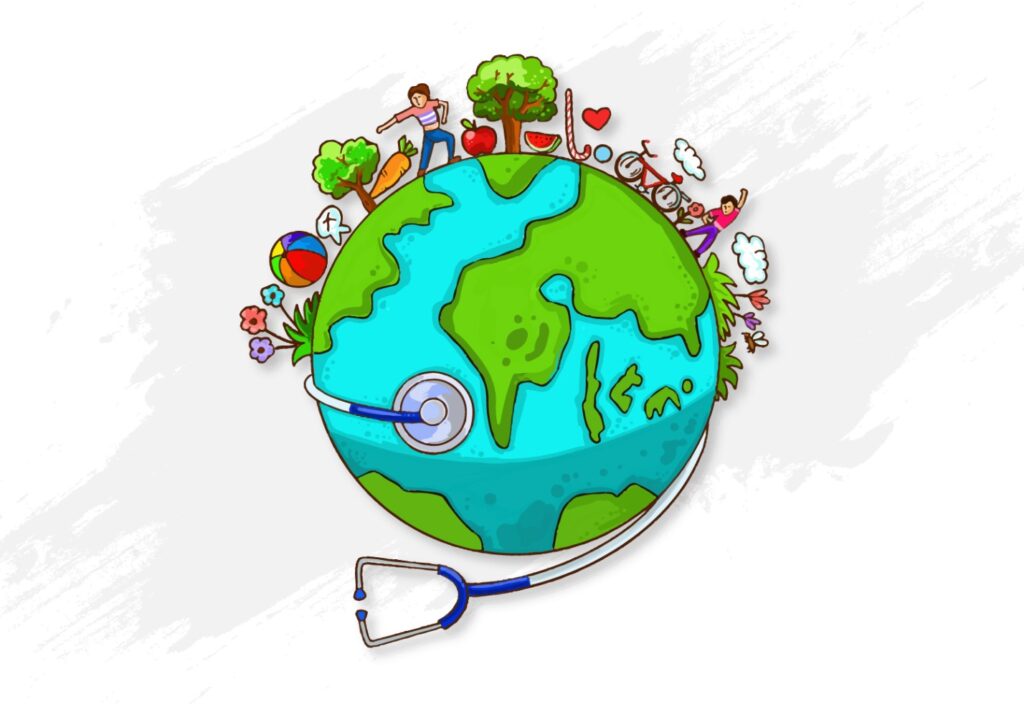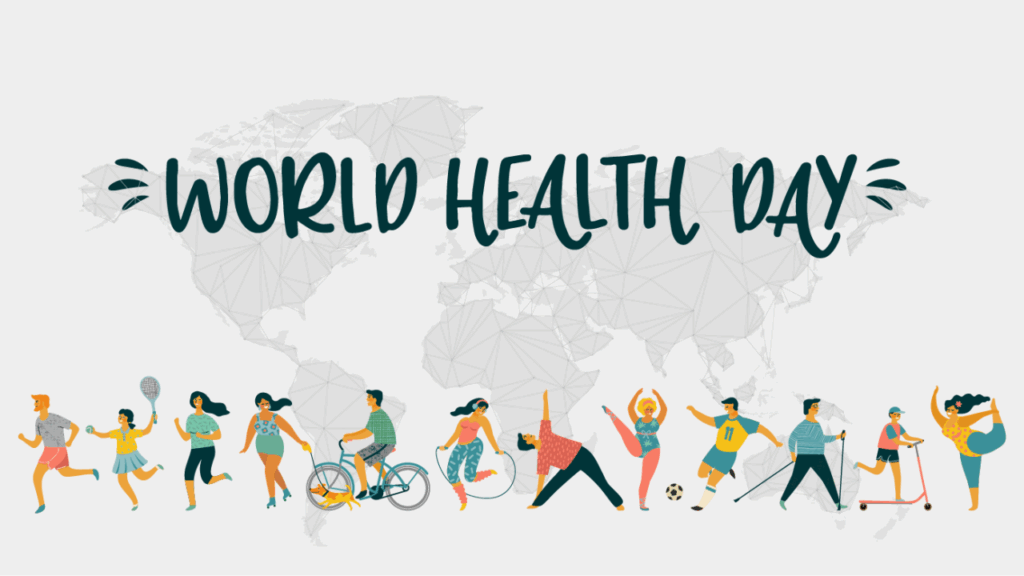On April 7th, we unite around the globe to mark World Health Day, a day for health awareness and raising calls for better health systems across the globe. The day is organized by the World Health Organization (WHO) as a call to action in the face of the need to place health and well-being high on the list for all, everywhere, whether at home or away, and wherever they happen to be living, whatever their location, economic and social status.
Why World Health Day is Important
World Health Day is not an afterthought event, but an annual reminder to prioritize health each day. It encourages governments, the health profession, communities, and organizations to take action against the priority issues affecting millions worldwide. Whether it is addressing the aftermath of pandemics, cutting health inequalities, or coping with the rising challenge of mental health, the day challenges us to think about solutions that will be part of lasting, positive change in world health.
World Health Day annually takes up a specific theme that reflects the most urgent health concerns of our time. Recent themes have included universal health coverage, mental health, and the impact of climate change on health. This year, the theme focuses on maternal and newborn babies’ health, focusing on promoting accessible and high-quality healthcare for pregnant women and newborns. This theme is crucial as it highlights that a healthy life starts with a healthy pregnancy and safe delivery. According to WHO, every year, approximately 300,000 women die due to complications from pregnancy or childbirth, 2 million babies die in the first month of life and another 2 million are stillborn. This equates to one preventable death every 7 seconds.

Health as a Pillar of Sustainable Development
Health lies at the heart of sustainable development. The United Nations Sustainable Development Goals (SDGs) put particular emphasis on health as an overarching driver of success, aimed at achieving healthy lives and well-being for everyone, across all ages. They are achieved by making available to all people, healthcare including preventive, treatment, and mental care.
World Health Day insists on the acceptance that health is not a lack of disease—it’s complete physical, mental, and social well-being. It’s the acceptance of the social, economic, and environmental determinants that influence health outcomes and the appeal to leaders and communities to end these underlying causes.

Taking Action for Global Health
World Health Day is not just awareness – it’s action. Globally, activities, events, and campaigns are launched to encourage people to live healthier, enhance health access, and fight health inequalities. From door-to-door campaigns to workshops and fundraising for medical research, World Health Day inspires people and organizations to get on board the international health movement.
Governments, health facilities, NGOs, and individuals all have a critical stake in improving health outcomes. From policy reform to people’s movements, every effort counts in determining a healthier world. World Health Day is a wake-up call that we must continue our collective efforts toward global health objectives and place health at the forefront of our global agendas.
Conclusion: A Shared Responsibility
World Health Day is a chance to reflect on the progress of global health and the remaining work to be done to provide healthcare for all. It serves as a reminder that health is not just an individual responsibility, but a collective one. Focusing on health and well-being can assist us in creating a healthier, more sustainable world for future generations.
On this World Health Day, take a moment to consider how you, and each of us, can contribute to improving world health and building a healthier world for everyone.









